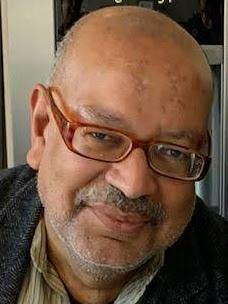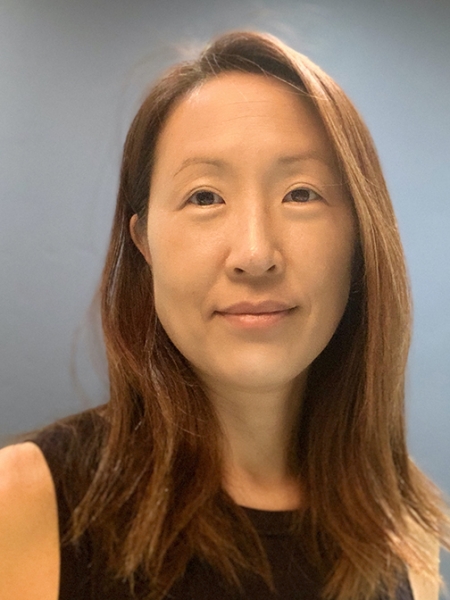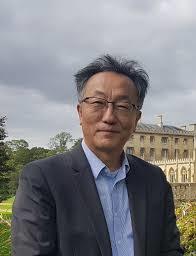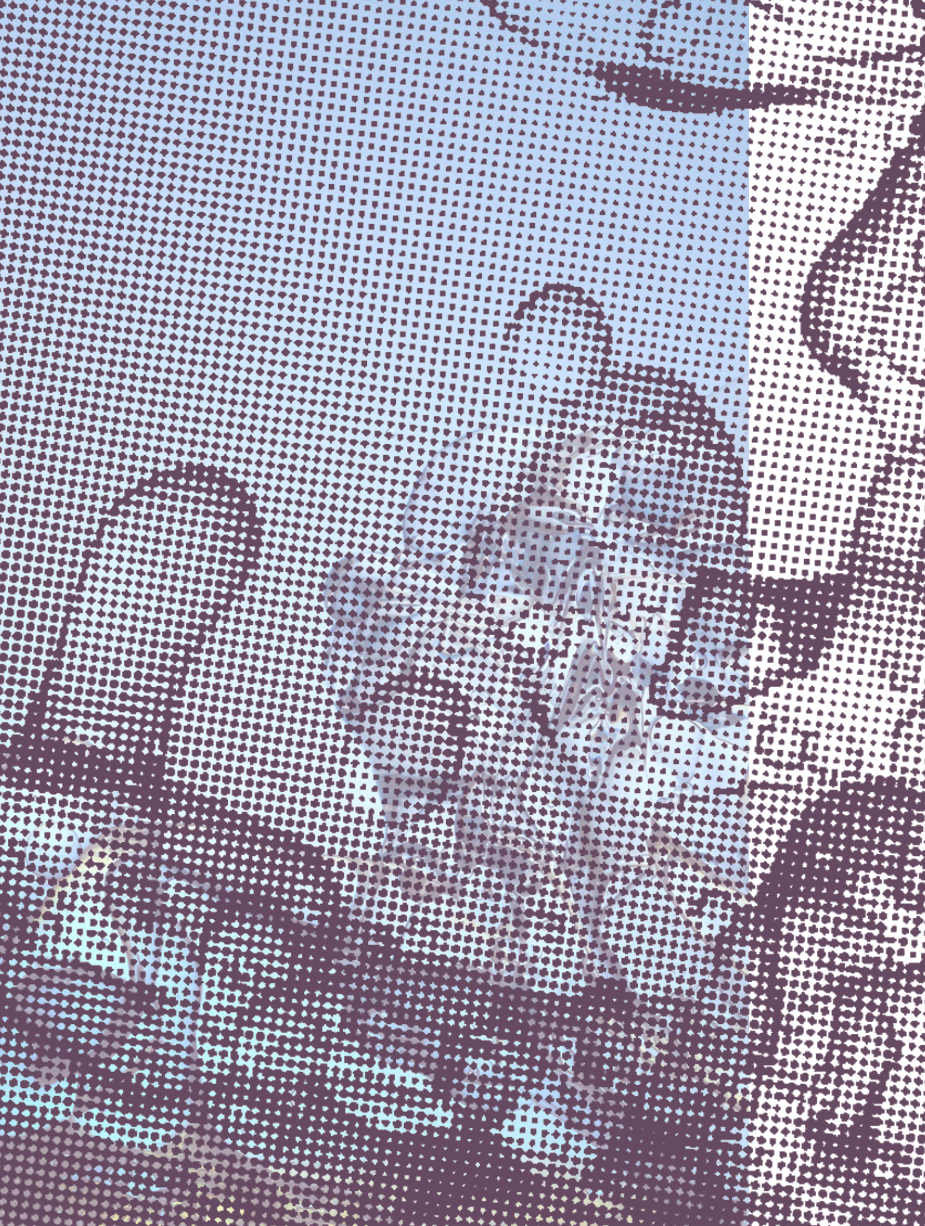Pooling their expertise in history, anthropology, and philosophy, this panel explores the relationship between ideology and material conditions and asks: how does this relationship shape choice-making at both a personal and collective level?
PRE-RECORDED PRESENTATIONS
Jorge L. A. Garcia
Choice, in Social Context and under Philosophical Scrutiny
Nancy H. Kwak
Moving from Housing Choice to Housing Right
Heonik Kwon
Memory of Choices
Synchronous discussion and Q&A moderated by Na Sil Heo, Andrew W. Mellon Postdoctoral Fellow in the Humanities, Wolf Humanities Center.
 Jorge L. A. Garcia is Professor in Boston College's Philosophy Department and, previously, Associate Professor in the philosophy departments of Notre Dame and Georgetown, Professor in Rutgers’s (New Brunswick), Senior Research Scholar in the Kennedy Institute of Ethics and Visiting Professor in MIT’s Department of Linguistics & Philosophy. His work on ethical theory, social philosophy, and at the intersection of philosophy & race studies has appeared in international periodicals–among the most notable are American Philosophical Quarterly, Philosophical Studies, Philosophy & Phenomenological Research, Erkenntnis, Synthese, Mind (UK), Critica (Mexico), Australasian Journal of Philosophy, Philosophia (Israel), and Philosophical Papers (South Africa)–and his article “Heart of Racism” has been reprinted several times, including in translation. Along with related writings, it has generated numerous published discussions, to several of which Garcia has replied in print. He is currently set to contribute to debate volumes on virtue ethics and social construction.
Jorge L. A. Garcia is Professor in Boston College's Philosophy Department and, previously, Associate Professor in the philosophy departments of Notre Dame and Georgetown, Professor in Rutgers’s (New Brunswick), Senior Research Scholar in the Kennedy Institute of Ethics and Visiting Professor in MIT’s Department of Linguistics & Philosophy. His work on ethical theory, social philosophy, and at the intersection of philosophy & race studies has appeared in international periodicals–among the most notable are American Philosophical Quarterly, Philosophical Studies, Philosophy & Phenomenological Research, Erkenntnis, Synthese, Mind (UK), Critica (Mexico), Australasian Journal of Philosophy, Philosophia (Israel), and Philosophical Papers (South Africa)–and his article “Heart of Racism” has been reprinted several times, including in translation. Along with related writings, it has generated numerous published discussions, to several of which Garcia has replied in print. He is currently set to contribute to debate volumes on virtue ethics and social construction.
Garcia’s work has also earned postdoctoral fellowships from the Ford Foundation, National Endowment for the Humanities, Harvard's professional ethics program (now it's Safra Center for Ethics), and Boston University, and he was Nonresident Fellow in Harvard’s Du Bois Institute for African-American Research. Garcia has lectured at Cambridge, Columbia, Dartmouth, Harvard, Princeton, Yale, and other universities, and consulted for National Institutes of Health, US Dept of Education, Smithsonian Institution, NEH, National Science Foundation, National Research Council, American Council of Learned Societies, and European Research Council. Formerly vice president of the Society for the Study of Africana Philosophy in NYC, he is past member of the Board of the American Philosophical Association’s Eastern Division, served on the APA’s Committee on Hispanics, and chaired its Committee on Philosophy and the Black Experience.
 Nancy H. Kwak is an associate professor of history at UC San Diego and the current director of the Institute of Arts and Humanities. She researches the history of cities and housing policy in the twentieth century. Prof. Kwak's first book, A World of Homeowners: American power and the politics of housing aid (Chicago, 2015), won the 2015 Kenneth Jackson Award for Best Book in North American Urban History and the 2016 The Stuart L. Bernath Book Prize by the Society for Historians of American Foreign Relations. She has also co-edited a volume on Making Cities Global: The Transnational Turn in Urban History with Andrew Sandoval-Strausz (University of Pennsylvania Press, 2017) and published various articles on housing, gentrification, and development. Prof. Kwak is presently working on two separate projects, the first on the history of global urban informality and the second on housing affordability in the US. She earned her PhD from Columbia University and her BA at UC Berkeley.
Nancy H. Kwak is an associate professor of history at UC San Diego and the current director of the Institute of Arts and Humanities. She researches the history of cities and housing policy in the twentieth century. Prof. Kwak's first book, A World of Homeowners: American power and the politics of housing aid (Chicago, 2015), won the 2015 Kenneth Jackson Award for Best Book in North American Urban History and the 2016 The Stuart L. Bernath Book Prize by the Society for Historians of American Foreign Relations. She has also co-edited a volume on Making Cities Global: The Transnational Turn in Urban History with Andrew Sandoval-Strausz (University of Pennsylvania Press, 2017) and published various articles on housing, gentrification, and development. Prof. Kwak is presently working on two separate projects, the first on the history of global urban informality and the second on housing affordability in the US. She earned her PhD from Columbia University and her BA at UC Berkeley.
 Heonik Kwon is an anthropologist and currently Senior Research Fellow in Social Science and Professor of Social Anthropology at Trinity College, University of Cambridge. Author of several prize-winning books on the legacies of the Vietnam War, his current research concentrates on the conceptual and intellectual history of the global Cold War. Prof. Heonik Kwon is the author of several books, including After the Korean War: An Intimate History (Cambridge University Press, 2020) and The Other Cold War (Columbia University Press, 2010).
Heonik Kwon is an anthropologist and currently Senior Research Fellow in Social Science and Professor of Social Anthropology at Trinity College, University of Cambridge. Author of several prize-winning books on the legacies of the Vietnam War, his current research concentrates on the conceptual and intellectual history of the global Cold War. Prof. Heonik Kwon is the author of several books, including After the Korean War: An Intimate History (Cambridge University Press, 2020) and The Other Cold War (Columbia University Press, 2010).



